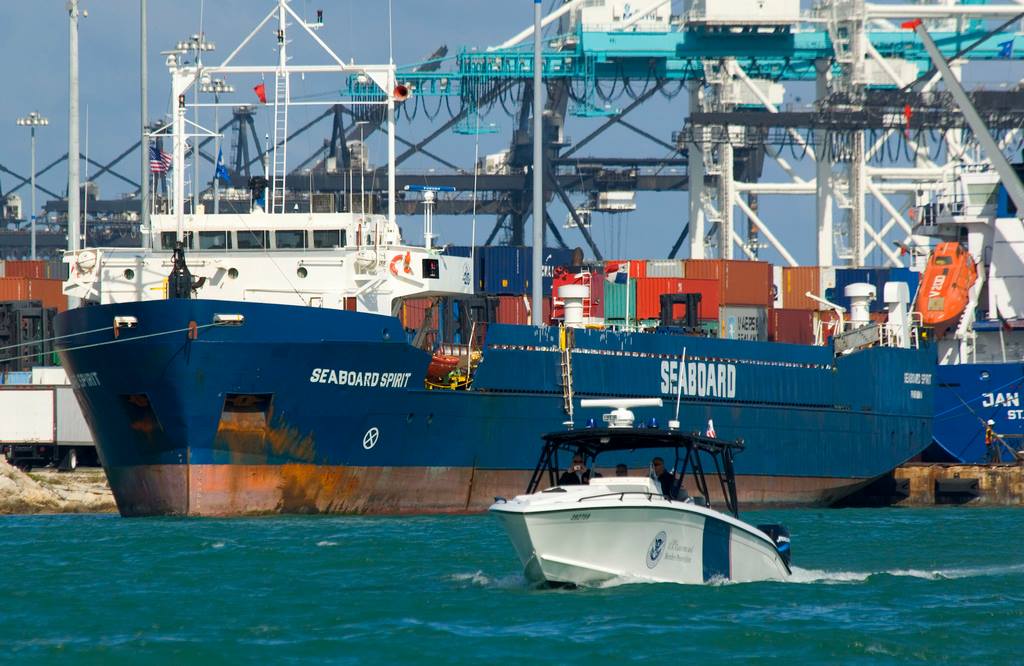

The US Customs and Border Protection (CBP) will begin testing a blockchain-based system in September, aimed at making tracking of imported goods under regional free trade agreements more efficient.
“Really what the government is trying to do is twofold: One is to help blockchain along in a healthy manner for increasing market adoption, and the other thing is we’re trying to prepare ourselves proactively to be ready for when private industry begins to really take off with this technology,” CBP Division of Business Transformation and Innovation head Vincent Annunziato told a news conference in Atlanta, Georgia.
Currently, the United States and Canada have commercial accords in place with Mexico under the North American Free Trade Agreement (NAFTA); and with Panama, Nicaragua, El Salvador, Costa Rica, Honduras, Belize and Guatemala under the Central American Free Trade Agreement (CAFTA).
Annunziato explains that the new blockchain system will help US customs verify information on the import of goods as well as check how foreign suppliers behave towards US importers. It will also help customs officials authenticate trademarks and verify an item by its physical description.
“I can even go in and say, ‘hey, I need a little information on the stitching,’ or, ‘I need information on what colours are viable,'” Annunziato says.
The system will also be able to be used via a mobile app, replacing the less efficient, paper-based manual process for verifying such information, thus streamlining the work of customs. “If blockchain takes off in the US customs world as expected, paper processes will eventually be eliminated,” says Annunziato.
Denver, Colorado, 24th February 2025, Chainwire
Denver, Colorado, 20th February 2025, Chainwire
Washington, D.C., 18th February 2025, Chainwire
Dubai, UAE, 27th January 2025, Chainwire
Those who enter the market at this time may be surprised to hear that Bitcoin…
George Town, Grand Cayman, 22nd November 2024, Chainwire